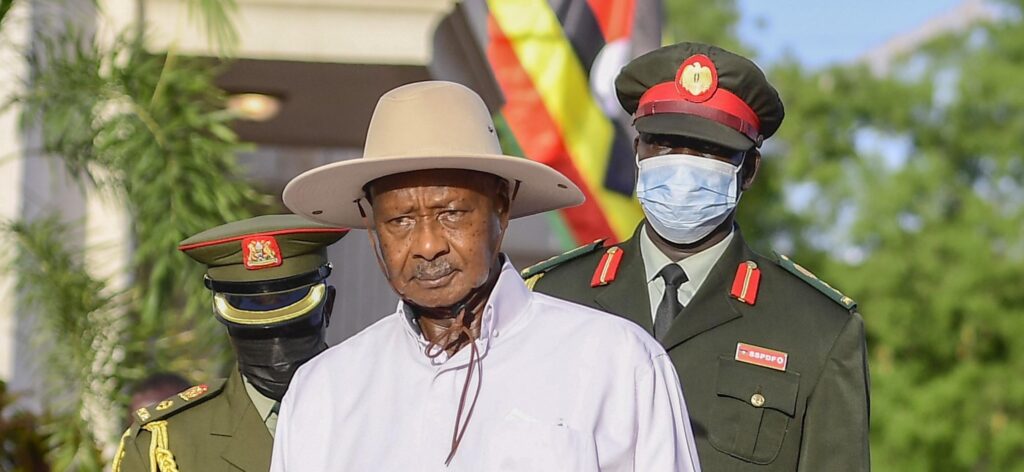Several South Sudanese civil rights activists and observers have expressed disappointment over Ugandan President Yoweri Museveni’s visit, saying political and security issues—not bilateral talks—should have been the focus of discussions.
On Friday afternoon, South Sudan’s President Salva Kiir bid farewell to Museveni at the airport, concluding the two-day visit.
Museveni has been a key mediator in regional peace efforts, including brokering South Sudan’s 2018 peace deal that ended a brutal civil war. However, Uganda’s recent military deployments in South Sudan have drawn criticism from opposition figures, who accuse Kampala of interfering in internal affairs.
The visit came amid rising unrest in South Sudan after First Vice President and opposition leader Riek Machar and some of his allies were detained on Kiir’s orders. The government accuses Machar—a key peace partner under the 2018 agreement—of plotting rebellion, a claim his allies deny.
The United Nations, African Union, and regional leaders have condemned Machar’s detention, warning it risks destabilizing the fragile peace in the world’s youngest nation.
Museveni’s visit began with a bilateral meeting with Kiir, where key ministers from both countries discussed collaboration. He also engaged with various political parties, including representatives from the Sudan People’s Liberation Movement-In Opposition (SPLM-IO), led by Machar, who is now under house arrest.
South Sudan’s Foreign Affairs Minister Ramadan Goc described Museveni’s visit as “successful” in remarks to the media.
However, Santimon Luate, Executive Director of Integrity South Sudan, told Radio Tamazuj that Kiir and Museveni should have discussed de-escalating tensions rather than holding bilateral talks.
“Instead of discussing the de-escalation of the tension, to bring hope to the people, they are engaging in bilateral talks. What we want to hear at the end of the day is what they are going to say as far as this tension is concerned,” Luate said.
He noted that Museveni’s visit could have significantly impacted the country’s peace and security.
“His visit has a serious impact; it is not only the South Sudanese who have expectations, but also the region and the world. It is clear that his involvement in the country could cause destabilization or stabilization. He must justify his position in relation to South Sudan and what he is intending to do in terms of the current crisis,” the activist reiterated.
Ter Manyang Gatwech, Executive Director of the Center for Peace and Advocacy, accused both Kiir and Museveni of avoiding pressing issues.
“President Museveni is shying away from the reality in South Sudan. The citizens expected a solution regarding the house arrest of Dr. Riek Machar, who is the main principal of the agreement. I thought the invitation came from the AU Panel of the Wise regarding the current situation in the country,” he said.
“If the country goes to full-scale war, he will be held accountable. As the Centre for Peace and Advocacy, I thought his coming to South Sudan was going to have an impact about the recent deployment of the UPDF and also the house arrest of Dr. Machar, but he is just talking about bilateral relationship between the two countries,” Gatwech added.
Edmund Yakani, Executive Director of the Community Empowerment for Progress Organization, said Museveni should have mediated between Kiir and Machar.
“Museveni should have forged the dialogue between the President and First Vice President to de-escalate the violence. If he fails to reach that consensus to moderate the dialogue, there is a high chance that the violence may escalate,” he said.
“The neutrality of Uganda as a guarantor of the agreement is compromised, but they have the opportunity to repair that damage by embracing justice and accountability. They need to repair the damage by making sure the violence is de-escalated and justice and accountability prevail,” Yakani said.




